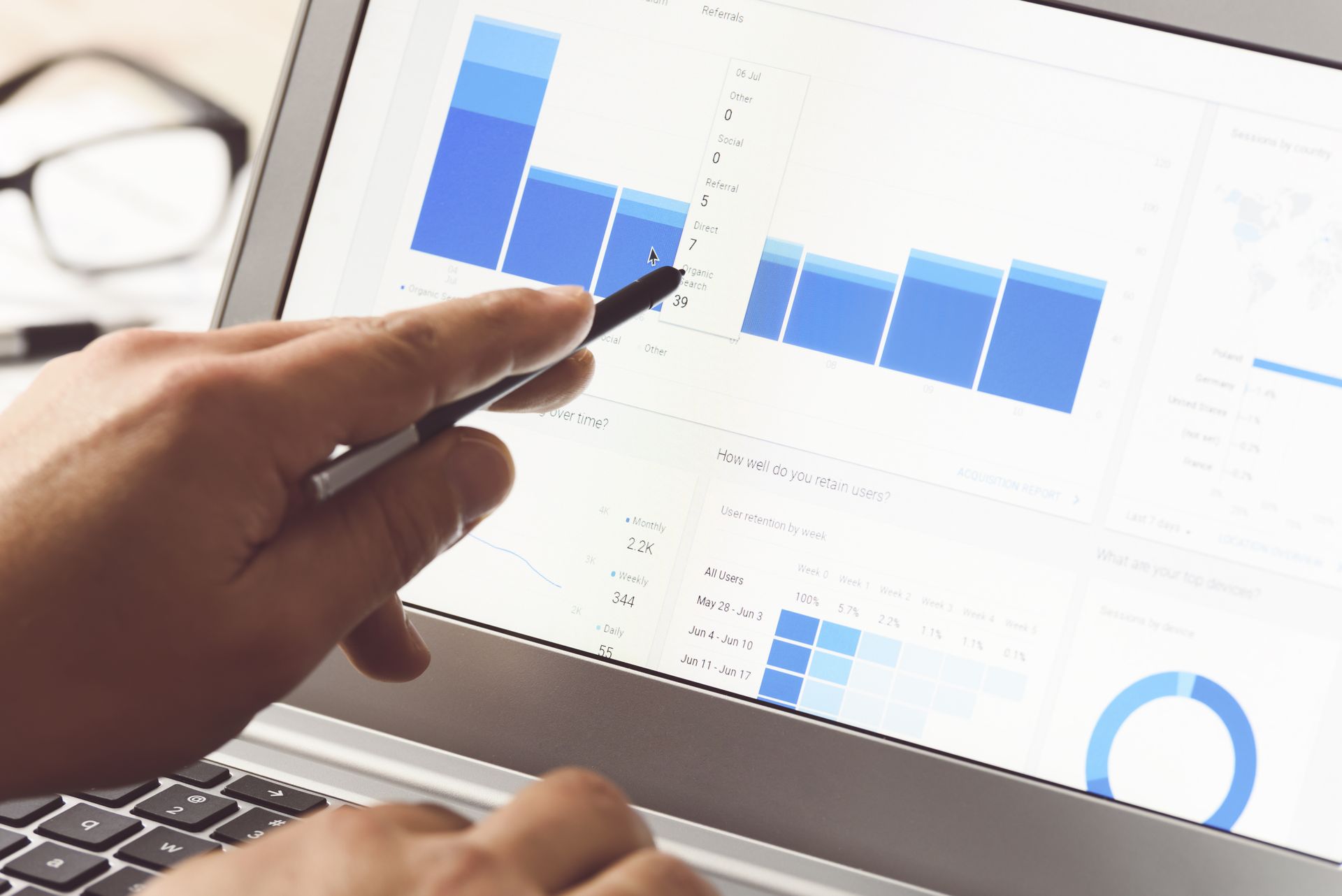Embracing Change: The Impact of Technology on Small Business Accounting
Technological advancements have revolutionized traditional accounting processes, from cloud-based software solutions to automation tools, offering efficiency, accuracy, and accessibility like never before. In this blog post, we'll explore the profound impact of technology on small business accounting, highlighting key trends and innovations shaping the industry.
The Rise of Cloud-Based Accounting Software
Gone are the days of cumbersome spreadsheets and desktop software installations. Cloud-based accounting software has emerged as a game-changer for small businesses, providing access to financial data anytime, anywhere. Platforms like QuickBooks Online, Xero, and FreshBooks offer real-time collaboration, automated updates, and seamless integration with other business tools, streamlining accounting workflows and enhancing productivity.
Automation and AI-Powered Solutions
Automation is another significant trend revolutionizing small business accounting. Tasks that were once manual and time-consuming, such as data entry, invoice processing, and reconciliation, can now be automated with the help of AI-powered software. Machine learning algorithms can categorize expenses, detect anomalies, and even generate financial reports, freeing up valuable time for accountants to focus on strategic analysis and advisory services.

Enhanced Security and Data Protection
With the increasing digitization of financial data, cybersecurity has become a top priority for small businesses. Fortunately, modern accounting software has robust security features, including data encryption, multi-factor authentication, and regular backups. Cloud-based solutions often provide better data protection than on-premises systems, reducing the risk of data breaches and ensuring compliance with privacy regulations.
Mobile Accessibility and Remote Work
The proliferation of mobile devices has empowered small business owners and accountants to manage their finances on the go. Mobile accounting apps allow users to track expenses, create invoices, and monitor cash flow from their smartphones or tablets. This flexibility is particularly beneficial for remote teams and freelancers who need access to financial information from anywhere with an internet connection.
Integration with Third-Party Apps and Ecosystems
Modern accounting software doesn't operate in isolation. Many platforms offer seamless integration with third-party apps and business ecosystems, including payment gateways, e-commerce platforms, payroll services, and CRM systems. This interoperability enables small businesses to customize their accounting workflows, automate data transfers between applications, and gain a holistic view of their financial health.

The Shift Towards Predictive Analytics
As small businesses accumulate vast amounts of financial data, there's a growing emphasis on leveraging predictive analytics to drive informed decision-making. Advanced reporting and analytics features embedded in accounting software enable users to forecast cash flow, identify trends, and anticipate future business outcomes. By harnessing the power of data analytics, small business owners can proactively adjust their strategies and stay ahead of the competition.
Work with N.E.W Accounting
Technology has fundamentally transformed the landscape of small business accounting, empowering entrepreneurs and accountants with powerful tools and insights to thrive in a dynamic marketplace. The possibilities are endless, from cloud-based software and automation to enhanced security and predictive analytics. By embracing these trends and innovations, small businesses can streamline their accounting processes, make more informed decisions, and achieve sustainable growth in the digital age.
Our team at N.E.W. Accounting is ready to handle all your accounting needs. We have experience working with small—to medium-sized businesses. Let's work together!



